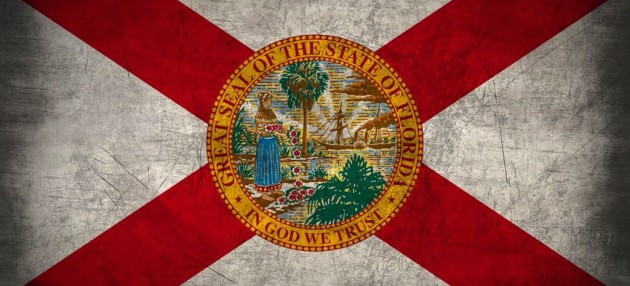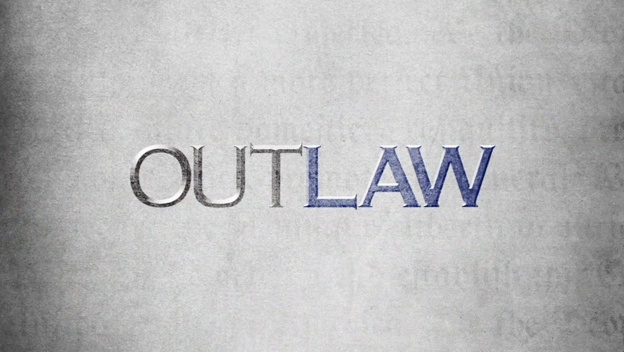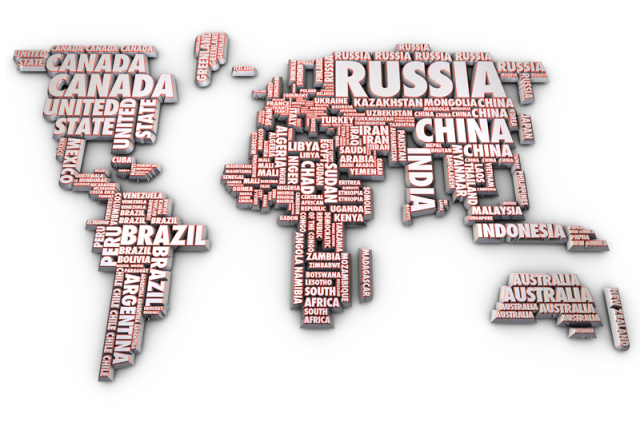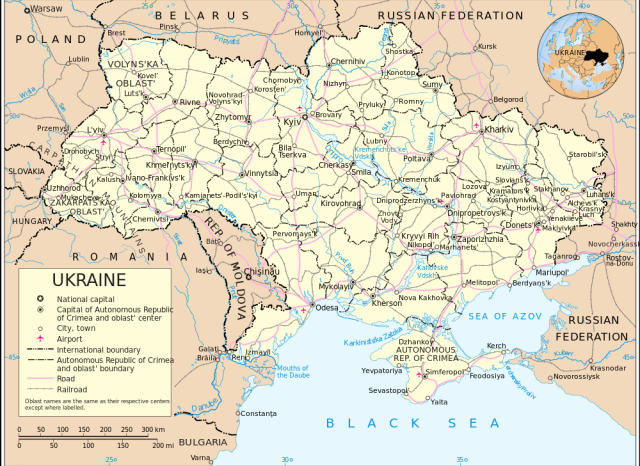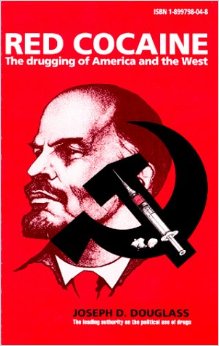Florida’s Dirty Dozen: Twelve Repealers That Can Boost Business, Create Jobs,and Change Florida’s Economic Policy for the Better
The Institute for Justice just released their latest study, “Florida’s Dirty Dozen: Twelve Repealers That Can Boost Business, Create Jobs,and Change Florida’s Economic Policy for the Better” with foreword from Dr. Bob McClure, president and CEO of The James Madison Institute. Read the full study here.
Governments too often go well beyond what’s required to protect the public’s health and safety. Nowhere is this more evident than in business regulations that stifle industries. Frequently, public officials use “safeguarding the public health” or “protecting consumers” merely as a pretext for allowing entrenched special interests to create obstacles for potential competitors, thereby gaining an unfair advantage in what ought to be a free marketplace. This study identifies 12 instances in which the Legislature has relied on these empty justifications—often provided by industry insiders—and suggests that repeal of these laws would make Florida a more welcoming place for consumers and small businesses.
Consider, for instance, a would-be entrepreneur whose goal in life leans less toward college and more toward pursuing a craft that she has learned to love: doing hairstyling and makeup. She is a recent high-school graduate. She is ambitious, as well; her goals include eventually opening a salon of her own.
But she is also realistic. Even though she has practiced her craft, cutting hair and giving makeup tips to friends and family, she understands that she’ll need some additional training. Imagine her surprise, however, when she discovers that she will be required to undergo 1,200 hours of instruction at a “beauty school” where the cost for tuition, fees, book, and supplies—at one of Florida’s least expensive providers—currently tops $16,425. So to enter her chosen field will mean going into debt with student loans to pay for “training” far in excess of what reasonably should be required. And all this not because of any legitimate concern for public health and safety, but merely because industry insiders have gone to the government as a means of protecting themselves from competition or protecting their profits, neither of which is a proper use of government power.
Unfortunately, in Florida these kinds of government-imposed barriers to entering a career are not unique to cosmetology. In fact, they extend across a wide array of occupations. This study highlights a “dirty dozen” of these kinds of obstacles that the Institute for Justice (IJ) regards as among the worst.
The James Madison Institute (JMI), which for many years has battled against the kinds of regulatory overkill marring Florida’s otherwise excellent business climate and quality of life, agrees that the issue deserves immediate attention from the Legislature.
Of course it should come as no surprise that JMI and IJ have a mutual interest in this issue. Indeed, these groups have a great history of cooperation in the fight for liberty. Both organizations share a devotion to the principles of limited government, individual liberty, and personal responsibility.
Florida’s current system of occupational licensing and regulation should be reassessed because it is clear that the current outcome— often over-reaching regulations—is a problem that stifles our economy, raises the cost of living, and makes it much more difficult for ambitious young people, such as our hypothetical entrepreneur, from achieving their goals.
IJ deserves tremendous credit for conducting the in-depth research required to bring these situations to the attention of Floridians and their elected officials. The next move will be up to those officials.

